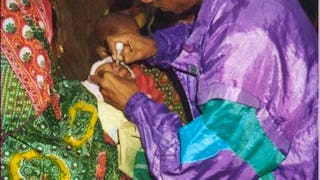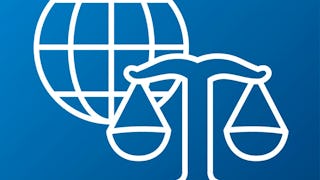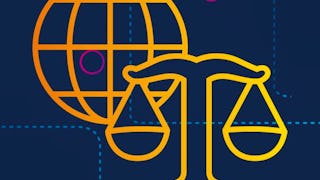- Build alliances in global health using polio eradication as a case study
- Discuss the value of and best practices for building alliances in global health - Apply communication and community engagement strategies to disease control program This hands-on course will prepare you to overcome the challenges associated with alliance building within the global health sector. Using The Global Polio Eradication Initiative as a case study, you’ll address the themes of political advocacy, policymaking, health communications, and community engagement, and explore the politics and interpersonal relations required to build a global health program. The Global Polio Eradication Initiative is an exemplar of global partnerships between UN agencies, the private sector, non-governmental actors, civil society organizations, and local communities. You’ll learn about the wide variety of stakeholders present throughout the policy and planning processes, and will also get an insight into the challenges that can sometimes occur due to resistance, opposition, and even hostility.

















